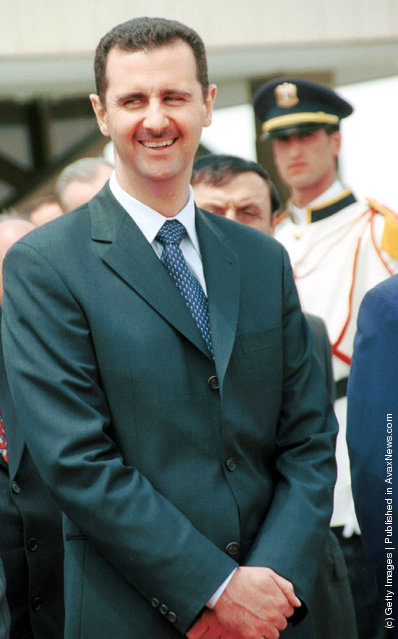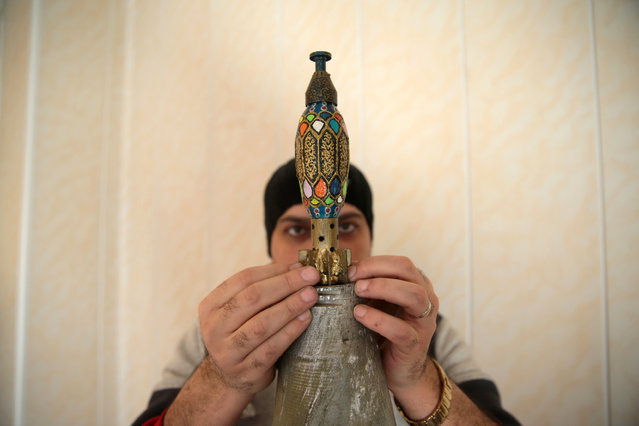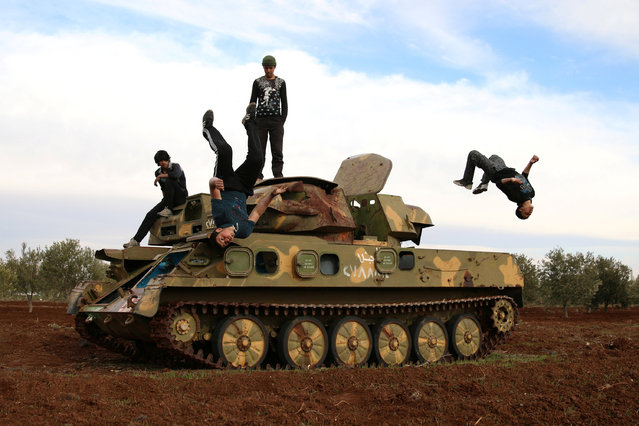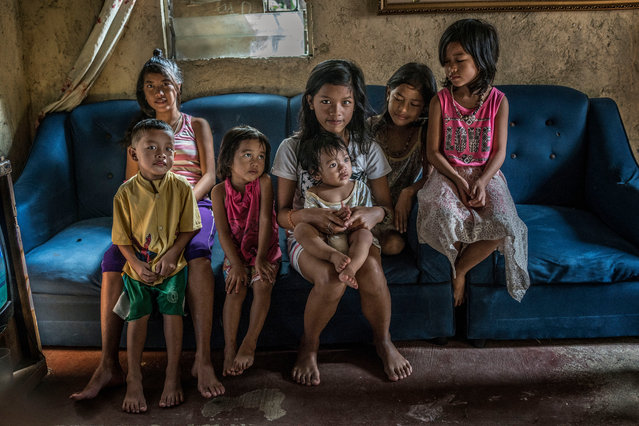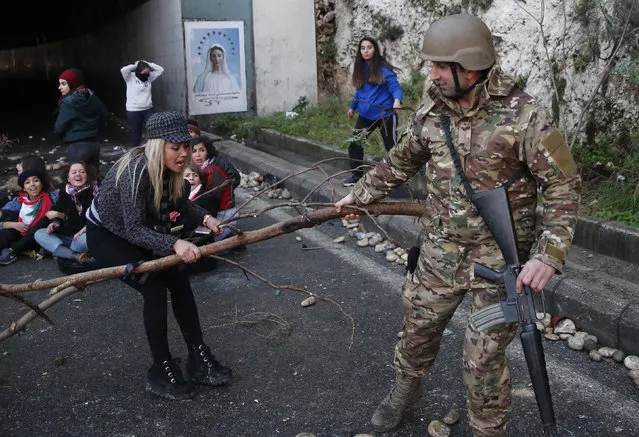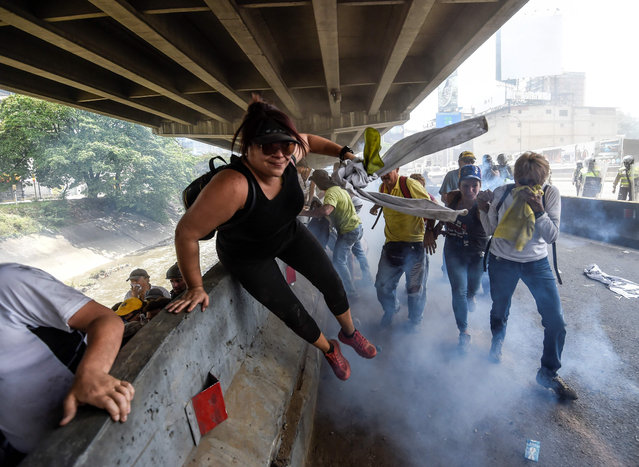
A poster depicts a disinfection worker in North Korea on May 23, 2022. The COVID outbreak in the isolated country, confirmed about two weeks ago, has stoked concerns about a lack of vaccines and medical supplies, while experts said a nationwide lockdown could deepen a food crisis in the country of 25 million. (Photo by KCNA via Reuters)
28 May 2022 04:18:00,post received
0 comments

